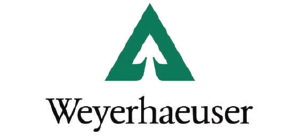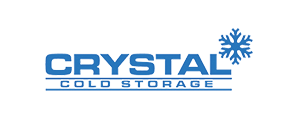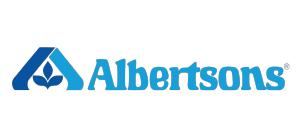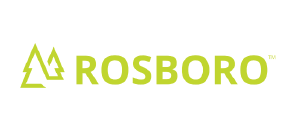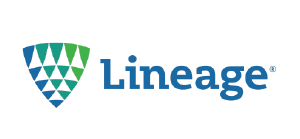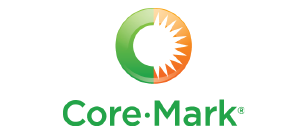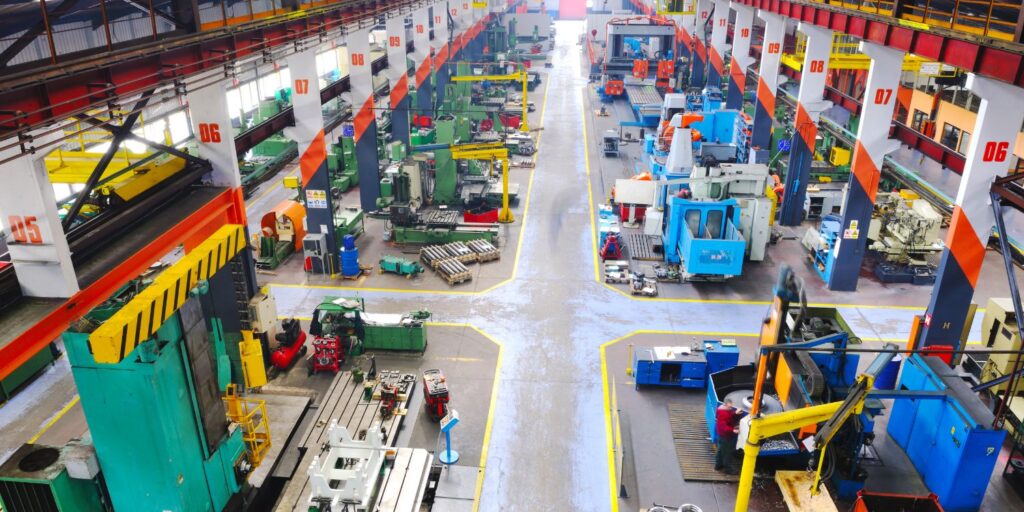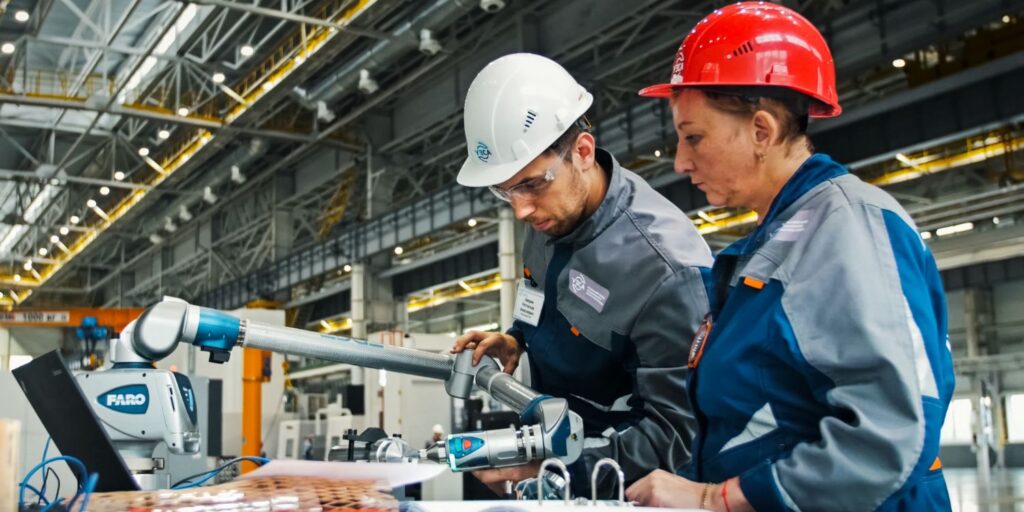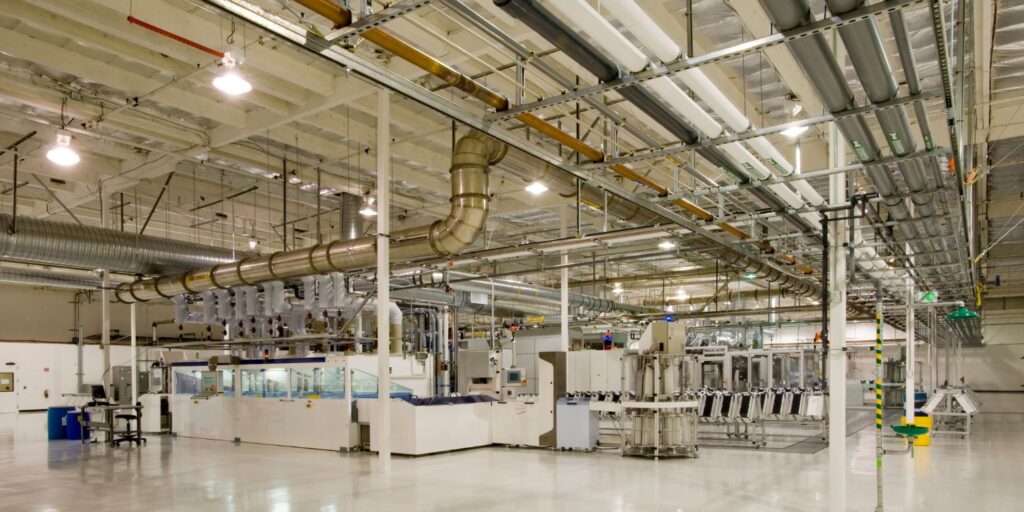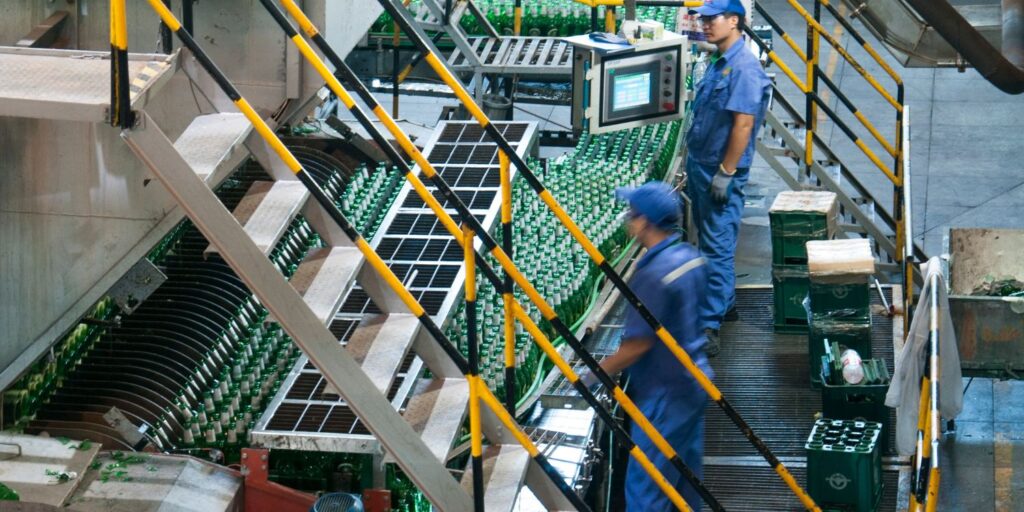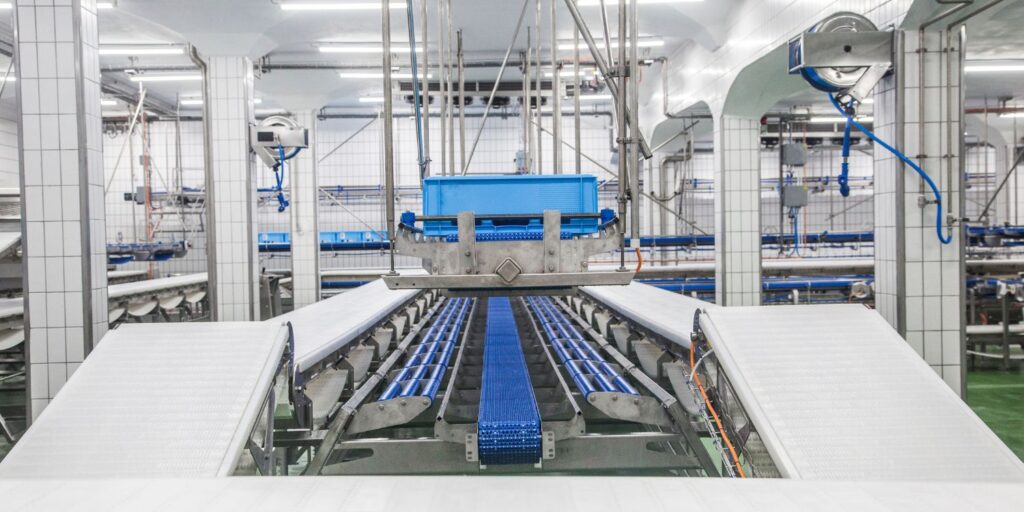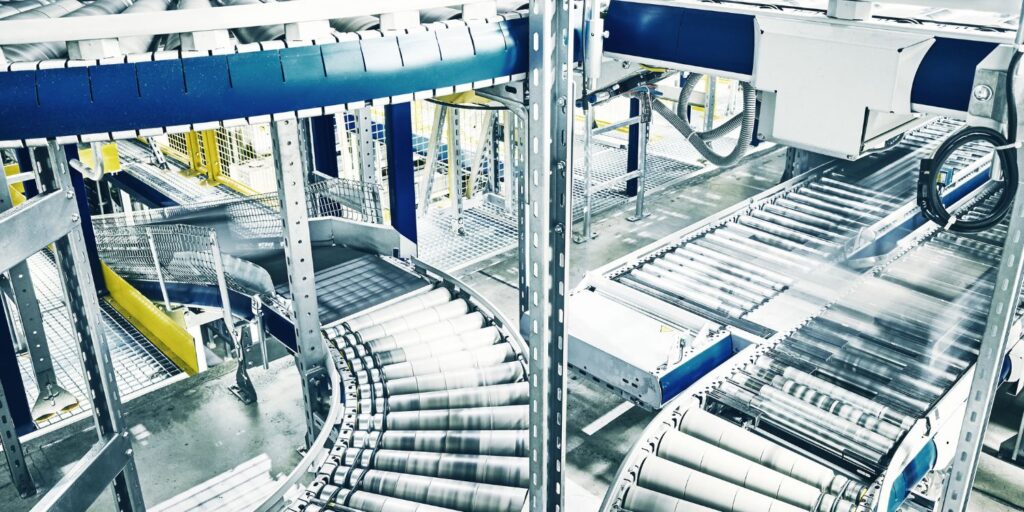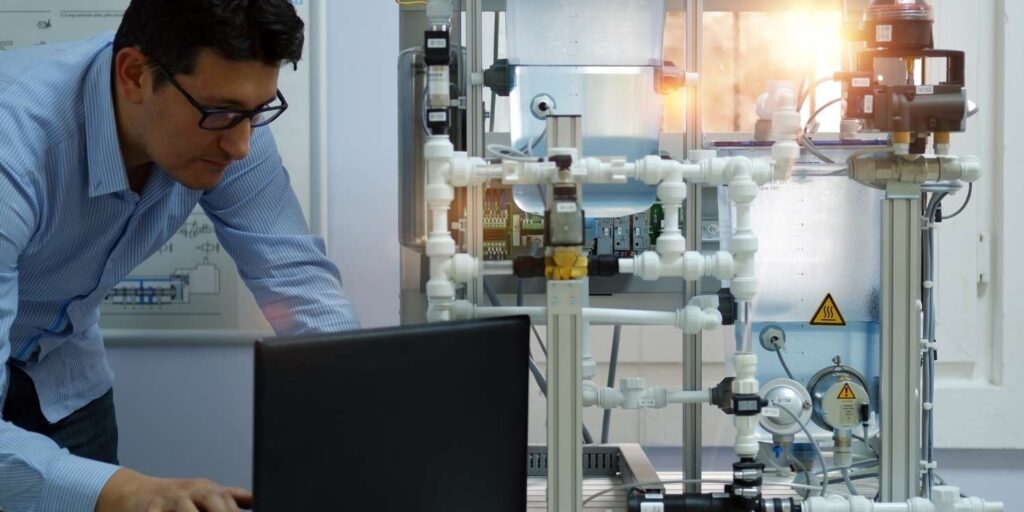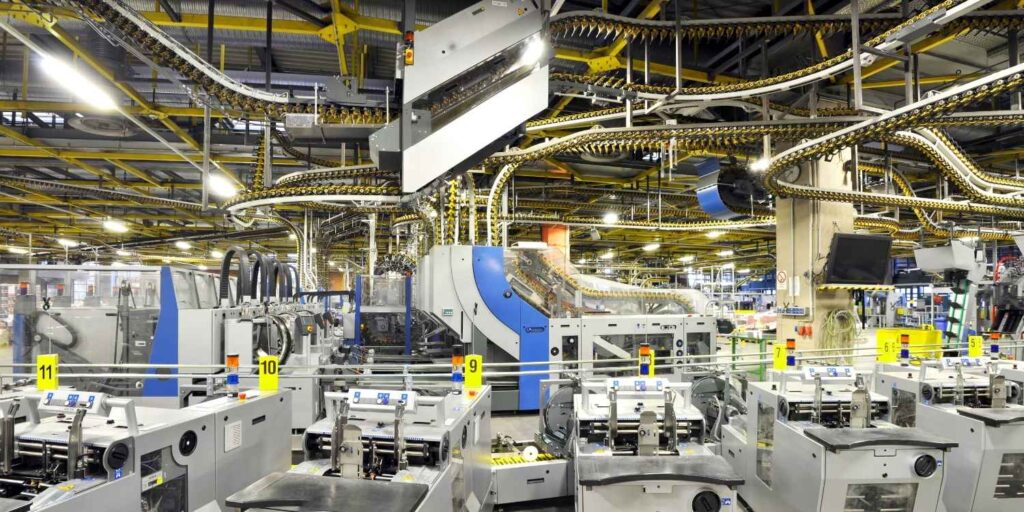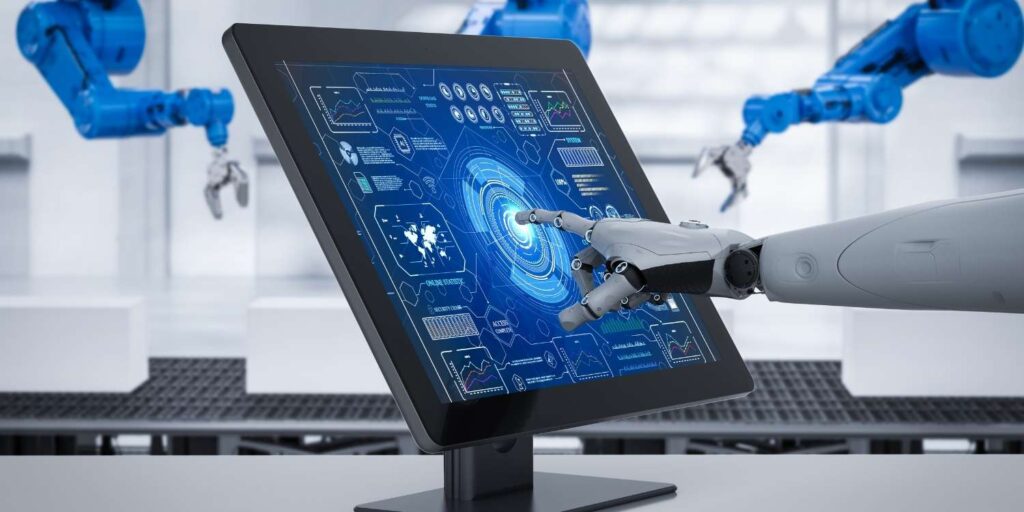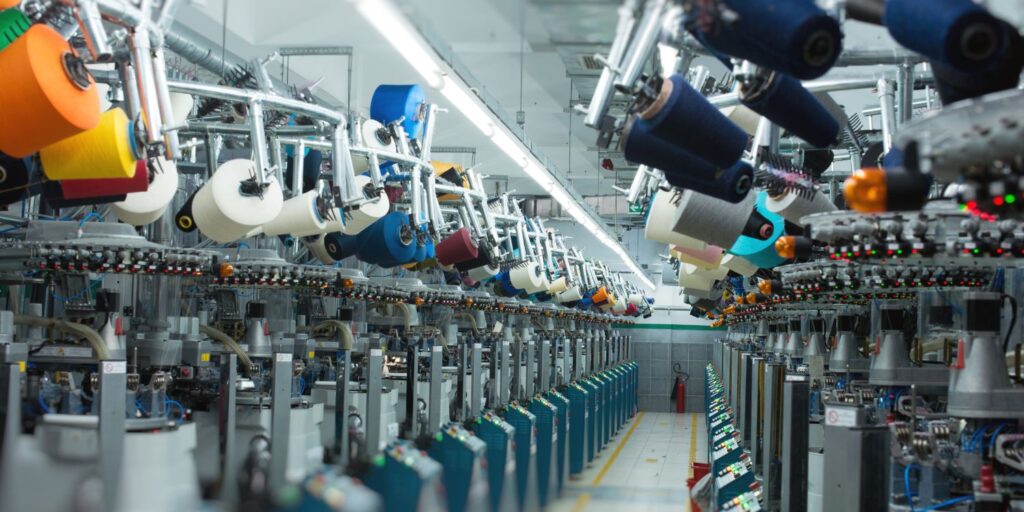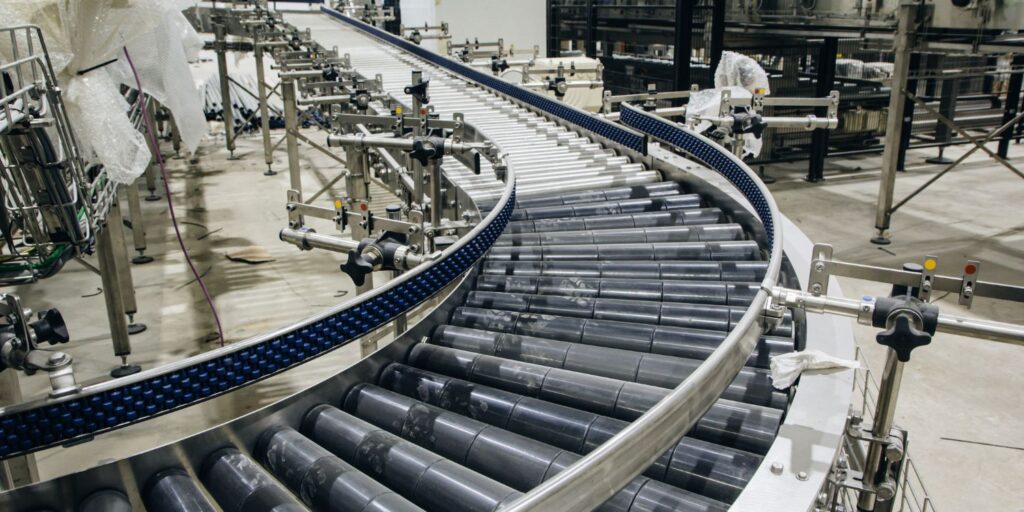Wastewater efficiency management is crucial for sustainable development, environmental protection, and public health. As populations grow and industrial activities expand, the demand for efficient wastewater treatment processes increases. Optimizing your waste managment by optimizing your control systems is key to achieving this goal.
Control Systems, PLC Controls Benefit Wastewater Treatment
Control systems, particularly Programmable Logic Controllers (PLCs) and Supervisory Control and Data Acquisition (SCADA) systems play a pivotal role in optimizing wastewater processes. By automating and monitoring various aspects of wastewater treatment, control systems significantly enhance efficiency, reduce costs, and ensure compliance with regulatory standards.
The Role of Control Systems in Wastewater Treatment
Control systems are essential for the effective management of water and wastewater treatment facilities. They enable the automation of complex processes, ensuring that operations run smoothly and efficiently. Control systems can monitor and control various parameters such as flow rates, chemical dosages, and equipment status. This automation minimizes human error, reduces labor costs, and improves overall process reliability.
Programmable Logic Controllers (PLCs)
PLCs are industrial digital computers designed for the control and automation of manufacturing processes. In wastewater treatment plants, PLCs are used to automate tasks such as pump control, valve operation, and chemical dosing. By continuously monitoring sensors and input devices, PLCs make real-time adjustments to maintain optimal operating conditions. This real-time control helps prevent process disruptions, reduces energy consumption, and enhances the overall efficiency of the treatment process.
Supervisory Control and Data Acquisition (SCADA) Systems
SCADA systems are used for high-level process supervision and control. They gather real-time data from PLCs and other control devices, providing operators with a comprehensive view of the treatment process. SCADA systems enable remote monitoring and control of equipment, allowing operators to make informed decisions quickly. This remote capability is particularly beneficial for large or decentralized wastewater treatment facilities, where manual monitoring would be impractical.
Key Benefits of Control Systems in Water Waste Efficiency
Enhanced Process Control and Optimization
Control systems enhance process control by providing precise and accurate control over various treatment stages. For example, they can adjust the flow rates and chemical dosages based on real-time data, ensuring that the treatment process operates within optimal parameters. This precision reduces the likelihood of over-treatment or under-treatment, leading to more efficient use of resources and improved treatment outcomes.
Energy Efficiency
Wastewater treatment is energy-intensive, with significant energy consumption required for processes such as aeration, pumping, and chemical dosing. Control systems optimize these processes to reduce energy usage. For instance, by monitoring dissolved oxygen levels in aeration tanks, control systems can adjust aerator speeds to maintain optimal oxygen levels, thereby reducing energy consumption. Similarly, control systems can optimize pump operation based on real-time flow data, ensuring that pumps run only when necessary.
Reduced Operational Costs
By automating routine tasks and optimizing process parameters, control systems reduce operational costs. Automated systems require less manual intervention, which reduces labor costs and minimizes the risk of human error. Additionally, optimized control of chemical dosing and energy usage leads to cost savings on chemicals and electricity. Over time, these savings can be substantial, improving the financial sustainability of wastewater treatment facilities.
Improved Compliance with Regulatory Standards
Wastewater treatment facilities must comply with stringent regulatory standards to protect public health and the environment. Control systems help ensure compliance by maintaining precise control over treatment processes. Real-time monitoring and data logging enable facilities to demonstrate compliance with discharge limits and other regulatory requirements. In the event of a process deviation, control systems can trigger alarms and initiate corrective actions to prevent violations.
Enhanced Data Collection and Reporting
SCADA systems provide comprehensive data collection and reporting capabilities. They collect real-time data from sensors and control devices, which can be analyzed to identify trends and optimize processes. This data is invaluable for continuous improvement, allowing facilities to refine their operations and enhance efficiency over time. Furthermore, detailed data logs support regulatory reporting and compliance audits.
Case Studies and Applications
Optimizing Aeration in Biological Treatment
Aeration is a critical process in biological wastewater treatment, providing the oxygen necessary for microorganisms to break down organic matter. However, aeration is also one of the most energy-intensive processes in wastewater treatment. By using control systems to monitor dissolved oxygen levels and adjust aerator operation, facilities can optimize aeration efficiency. For example, a wastewater treatment plant implemented a control system that reduced aerator energy consumption by 20%, resulting in significant cost savings and improved process stability.
Automated Chemical Dosing for Phosphorus Removal
Phosphorus removal is essential to prevent eutrophication in receiving water bodies. Traditional chemical dosing methods can lead to overdosing or under-dosing, resulting in inefficiencies and increased costs. A wastewater treatment facility implemented a PLC-based control system to automate chemical dosing based on real-time phosphorus measurements. This automation ensured precise dosing, reduced chemical usage by 15%, and improved effluent quality.
Remote Monitoring and Control of Decentralized Facilities
Decentralized wastewater treatment facilities present unique challenges due to their dispersed locations. SCADA systems enable remote monitoring and control of these facilities, ensuring consistent performance and rapid response to issues. For instance, a municipality deployed a SCADA system to manage multiple decentralized treatment plants. The system provided real-time data and remote control capabilities, reducing the need for on-site personnel and improving overall efficiency.
Future Trends in Control Systems for Wastewater Treatment
As technology advances, control systems for wastewater treatment continue to evolve. The integration of artificial intelligence (AI) and machine learning (ML) algorithms into control systems is a growing trend. These technologies can analyze vast amounts of data to identify patterns and predict process behavior, enabling even more precise control and optimization. Additionally, the adoption of the Internet of Things (IoT) is enhancing connectivity and data sharing between devices, further improving the efficiency and effectiveness of control systems.
Control systems are indispensable for improving water waste efficiency. They enhance process control, optimize energy usage, reduce operational costs, ensure regulatory compliance, and provide valuable data for continuous improvement. For comprehensive control solutions tailored to your wastewater treatment needs, consider leveraging the expertise of Crow Engineering. Contact us to explore our control solutions and PLC control systems to enhance the efficiency and effectiveness of your wastewater treatment processes.
Who are we?
Crow Engineering is a multi-discipline consulting engineering firm serving mechanical, structural, and civil engineering needs for a variety of industries.
Engineering Services
the crow connection
Recent News
The Crow Connection delivers high-level insights on engineering, automation, and process optimization, helping you drive efficiency and innovation. Covering topics like AI-powered automation, manufacturing strategies, and industrial process improvements, it’s a must-read for leaders seeking a competitive edge.

